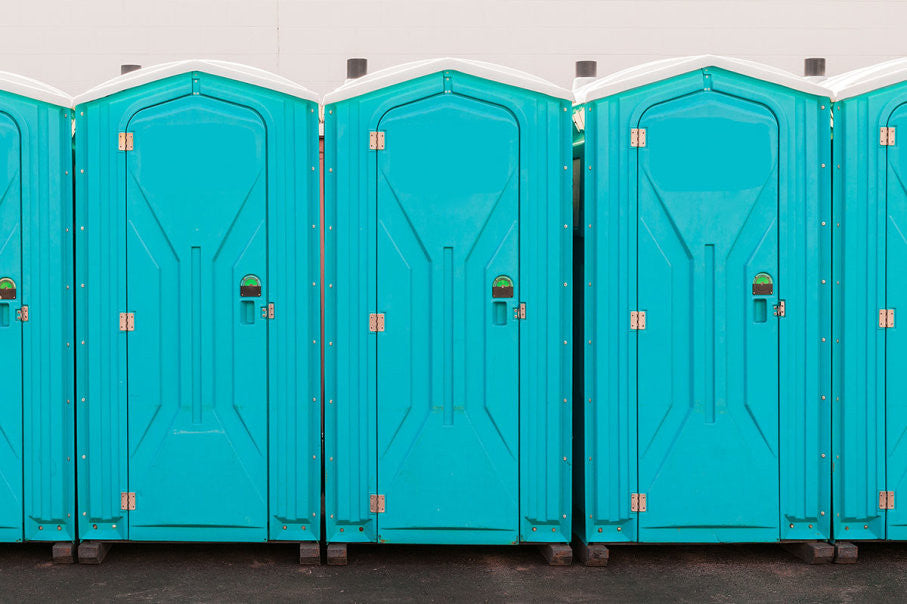Do you find yourself with intestinal issues and having to pit-stop at the porta-potty during long distance races? You are not alone! Research shows that gastrointestinal complaints are common among endurance athletes, with 30-50% of athletes experiencing gastrointestinal issues (such as nausea, heartburn, vomiting, abdominal pains and diarrhea) on race day. These gastrointestinal symptoms are usually mild and of no risk to your health, however they are an important factor impairing race-day performance and subsequent recovery.
Here are a few invaluable tips to help prevent race-day tummy troubles:
- Avoid high fibre foods 1 to 3 days leading up to your competition. Stick to lower fibre options such as bagels, regular pasta and white rice instead of whole grain products.
- Avoid high fat, fried and spicy foods the day before a competition.
- If you are sensitive to lactose, and are very nervous you may also want to avoid lactose-containing foods the day before the race (milk, yogurt, etc.).
- The use of aspirin and NSAIDS such as ibuprofen during the pre-race period is discouraged. These drugs are known to increase intestinal permeability and can lead to or even exacerbate gastrointestinal problems.
- During the race, avoid high fructose foods, especially fructose-based beverages such as pure juice. Small quantities of dried fruits or bars containing dried fruits are tolerable, but your gut actually absorbs fructose more slowly, so overdoing it can quickly lead to cramping or even diarrhea. Most sports nutrition products such as sports drinks and gels contain fructose, but usually mixed with another type of sugar (ex. glucose) – this mix of sugars in the right concentrations is designed to facilitate intestinal absorption.
- Stay well hydrated. Dehydration can worsen intestinal issues, so start the race well hydrated and make sure you hydrate well along the way.
- Don’t take sugar with sugar! When consuming bars, gels or chews, it is important to drink water with these products and NOT sports drink. Diluting sugar with more sugar will create a concentration of sugars in the stomach which is hyperosmolar to plasma and may lead to diarrhea. Sports drinks should be used to hydrate in between eating.
- On the bike, try to eat smaller quantities every 15-20 minutes as opposed to every hour. Aim for 60-90 grams of total carbohydrate per hour, max 10 grams of protein per hour and minimal fat.
- Practice your nutrition plan before your race during long training sessions and bricks. Just like you train your muscles, aerobic fitness and endurance for the race, you can also train your gut.
If you are still having intestinal troubles, seek the help of a certified sports nutritionist to help you with your nutrition strategies and race planning.
Stephanie Jamain | RD, CSSD, M.Sc. (c)
Sports Nutritionist




